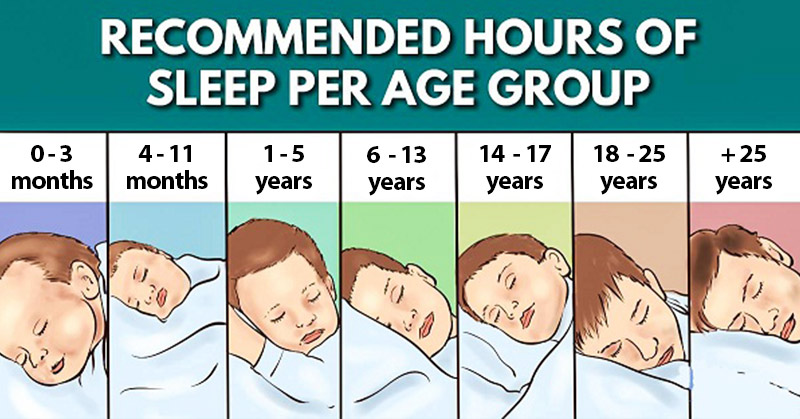Does your nighttime routine involve tossing and turning and counting sheep? If yes, then you are not alone. According to a survey conducted by the National Geographic Channel, more than half of the American population is not getting healthy or enough sleep. The network polled 1,033 Americans over 18 years of age, and findings revealed that an overwhelming 73% admitted that they were getting less than 8 hours of shuteye.
Overwhelming discoveries about sleep
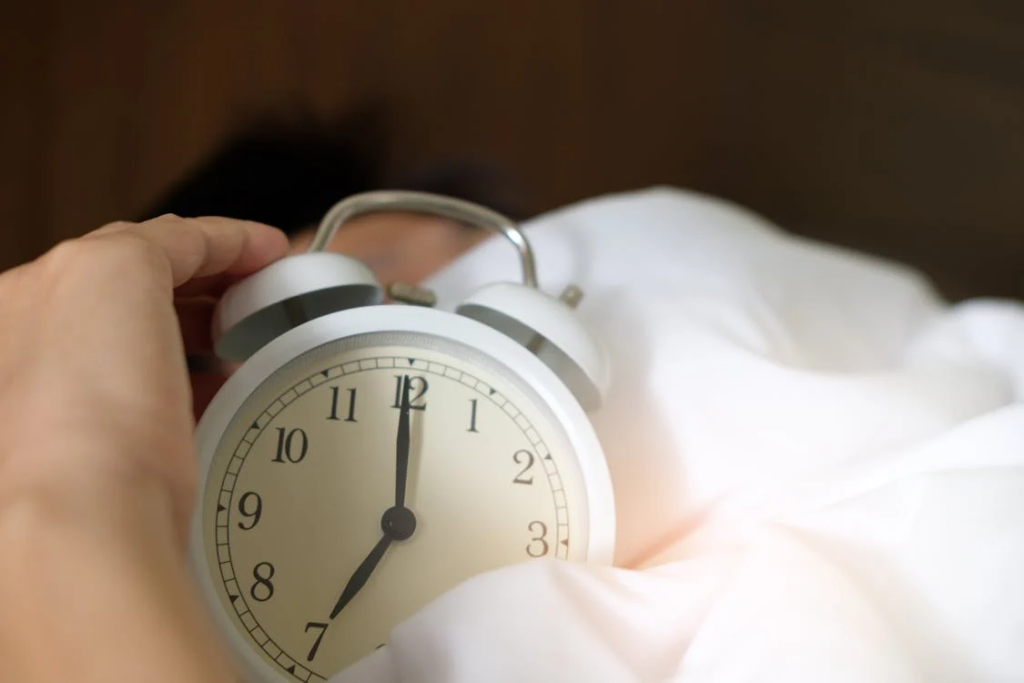
More than half of the respondents (54%) acknowledged they needed 8 hours to function well the following day. A wide variety of reasons, such as financial stress, an increased amount of screen time, and an unending list of chores that need to be done, all contributed to reasons why people were finding it hard to get the proper amount of shuteye.
National Sleep Foundation Study Report Reveals Ideal Sleep Times
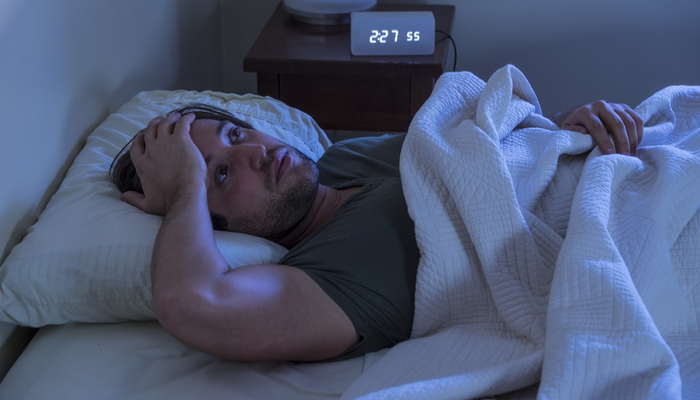
Sleep is essential to healthy living. It allows us to recharge and shut out external pressures from the outside world. However, this is only effective if you can get a good restful shuteye. Any individual that is getting less than the recommended amount of sleep might be sleep deprived. The National Sleep Foundation (NSF) published a report in 2015 about sleep health, where they provided several suggestions. In its study, NSF brought together a panel consisting of sleep experts, psychologists, scientists, and others to garner a wide range of views. The panelists then decided to create groups based on age and included ages 0-3 right up to 64 and older. It needs to be noted that the NSF report only serves as a guideline for those who suffer from sleep deprivation. If you get less shuteye than the recommended time, but still feel fine (or vice versa), this is likely due to your personal sleep cycle.
Read More: Eating for Better Sleep: 6 Foods High in Melatonin
After studying the issue at length, the panel came up with the following guidelines for the amount of shuteye necessary for each age group

- Newborns 0-3 months of age – 14-17 hours
- Infants 4-11 months of age – 12-15 hours
- Toddlers 1-2 years of age – 11-14 hours
- Preschoolers 3-5 years of age -10-13 hours
- School-aged children 6-13 years of age – 9-11 hours
- Teenagers 14-17 years of age -8-10 hours
- Young adults 18-25 years of age – 7-9 hours
- Adults 26-64 years of age – 7-9 hours
- Older adults ages 65 and over – 7-8 hours
Understanding Normal Sleep Cycles
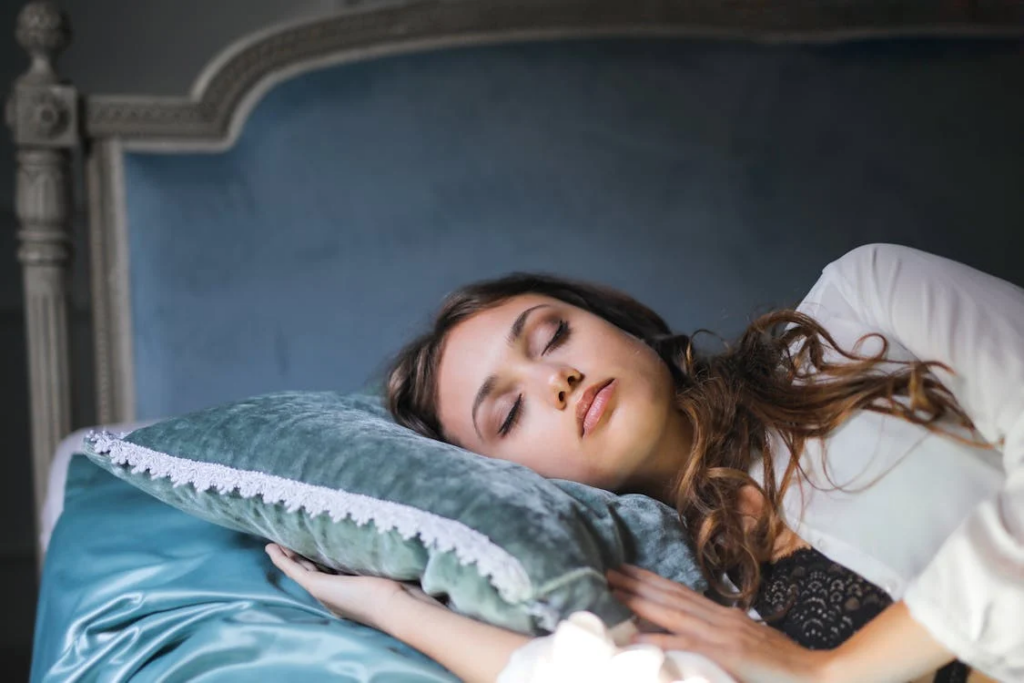
Your brain is actually quite active while you sleep, and scientists have recorded 5 distinct sleep stages or sleep cycles that can help explain why someone can wake up feeling quite tired, despite getting the “correct” number of hours of shuteye.
Stage 1: Starts a few seconds after you start to nod off. This first stage of sleep typically lasts about 7 minutes. Your brain switches from a relaxed state of wakefulness.
Stage 2: Typically lasting between 10 and 25 minutes, your brain is slowly transitioning into what’s recognized as “deep” sleep, but isn’t quite there yet.
Stage 3: Stage 3 is officially deep sleep, and you’re much less responsive to your external environment (loud noises, and being jostled around aren’t likely to wake you). This stage typically lasts 20-40 minutes.
Throughout the night, your brain alternates between stage 2 and stage 3 sleep
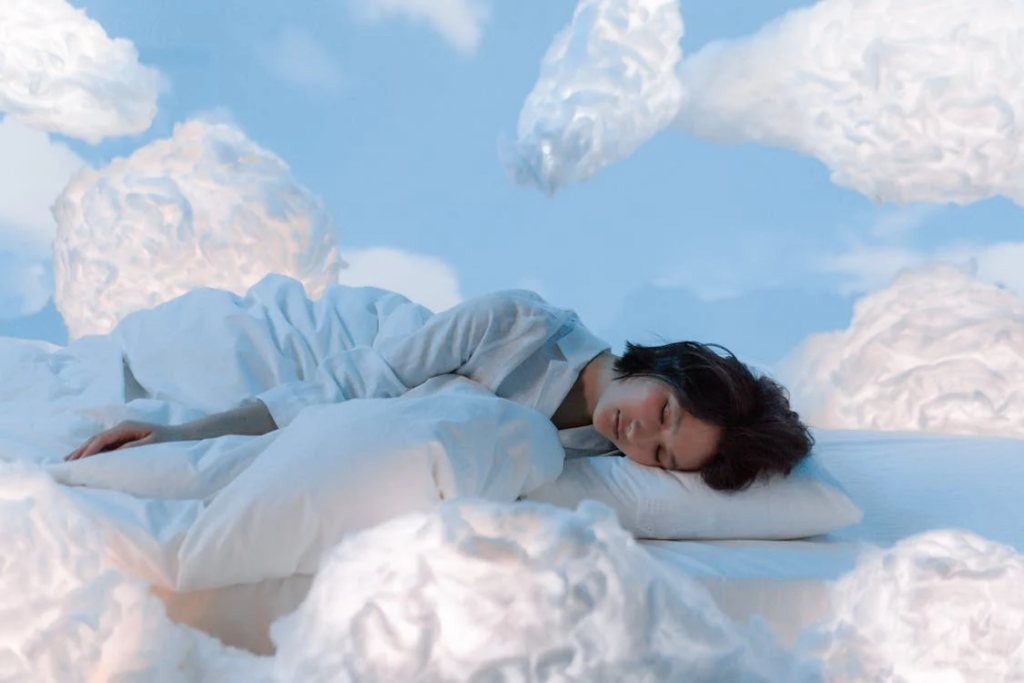
While you’re in stage 3 rest, you experience REM sleep, characterized by rapid eye movement, and is when you’re most likely to have dreams. Scientists have found that you tend to have shorter periods of REM sleep earlier in the night and longer periods over time.
Stop Interrupting Your Natural Cycle
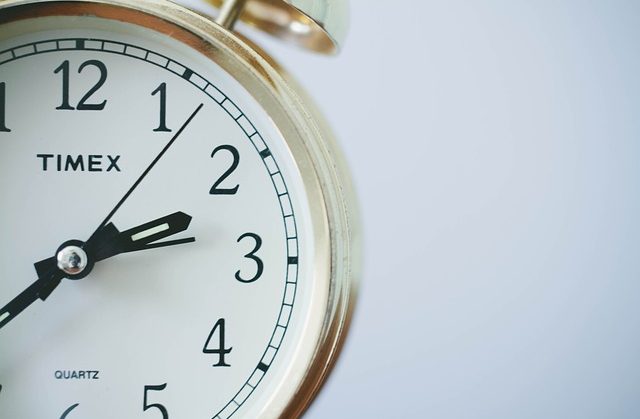
If you go to bed at the same time every night and set your alarm clock at the same time every morning but consistently wake up feeling groggy, you could be habitually interrupting stage 3 sleep. Try adjusting your bedtime or wake-up time by 10-15 minutes for a few days and see if it makes any difference. But what is the best way to tell if you’re actually getting enough shuteye? Watch for the signs of sleep deprivation!
Sleep Deprivation Symptoms

- Drowsiness
- Irritability
- Poor memory and concentration
- Trouble paying attention
- Suffer from hallucinations
- Upset stomach
- Diarrhea
- Fibromyalgia
5 Natural Remedies That May Help You Get Some Shuteye

- Start practicing yoga/meditation– a key aspect of yoga and meditation is to clear one’s mind. When you get away from stressful thinking and reach happy thoughts, you are bound to feel a sense of relaxation, which in turn induces sleep.
- L-theanine– An amino acid found in green tea, helps in giving one a sense of calmness during the day while also providing good rest at night. L-theanine can also be used as a supplement, which unlike green tea, does not contain caffeine.
- Come up with a strict sleep schedule– Choose what time in the night you would like sleep. When you do that, make sure to be consistent with that routine for all seven days of the week.
- Melatonin– a Sleep-inducing hormone. Very effective in getting your rest routine in order especially when traveling to places with different time-zones. Dosing often ranges between 0.3 mg to 0.5 mg taken about 30-45 minutes before bed. With melatonin, you want to use the lowest effective dose, as higher dosing doesn’t necessarily mean a faster action. Try starting with 0.5mg and work up to a dose that you find effective (usually between 3-5mg).
Final Note
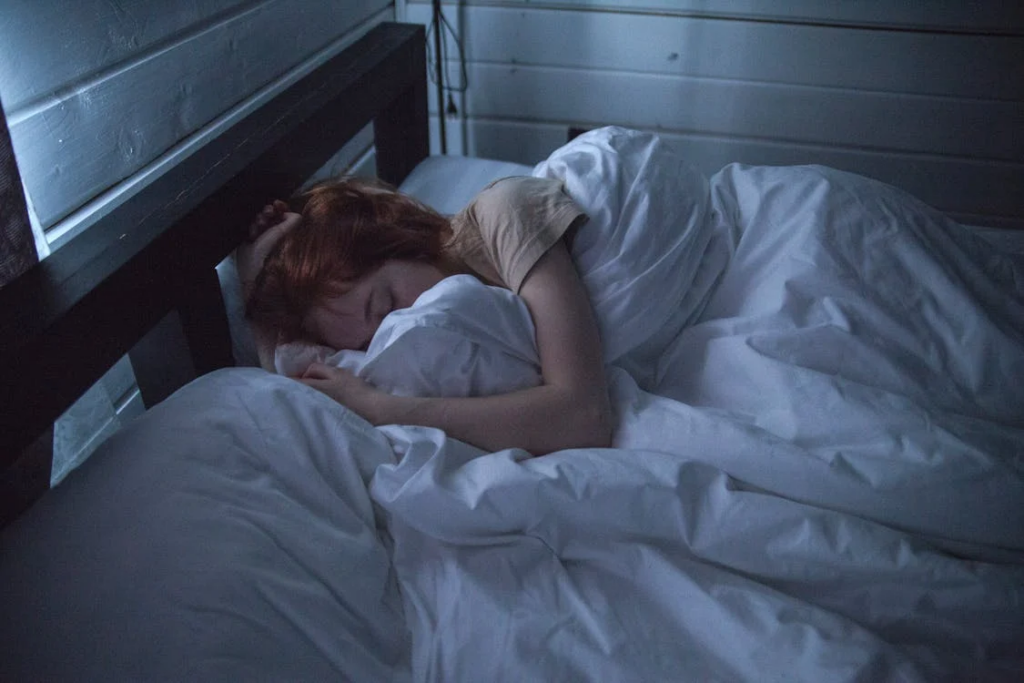
Along with nutrition and exercise, a good night’s rest is essential to our physical and emotional health. Rest is one of the pillars of health, and that’s why the benefits of good sleep should never be minimized. Getting proper shut-eye on a regular basis isn’t just a good idea; it’s a necessity!
Read More: 6 Things You Shouldn’t Do In Bed to Get a Good Night’s Sleep
Sources
- https://everydayroots.com/sleep-remedies
- https://www.huffingtonpost.ca/entry/nat-geo-sleep-survey_n_6219272
- https://www.sleephealthjournal.org/article/S2352-7218(15)00015-7/abstract
- https://www.verywellhealth.com/what-are-the-symptoms-of-sleep-deprivation-3015161
- https://www.health.com/health/gallery/0,,20306715,00.html#valerian-0
